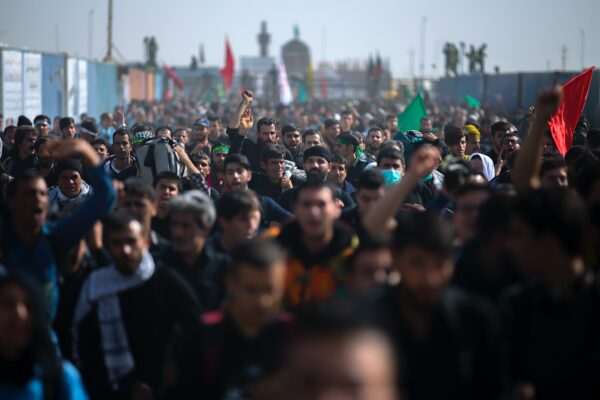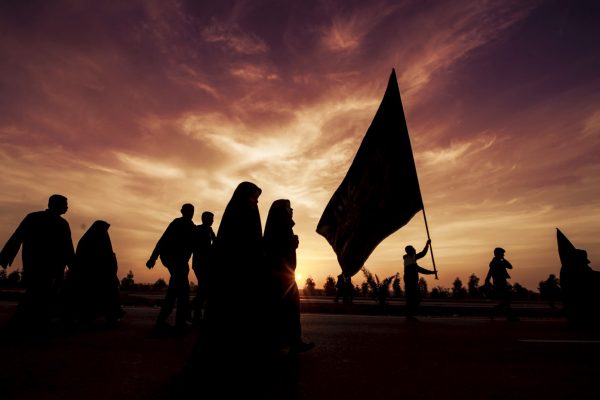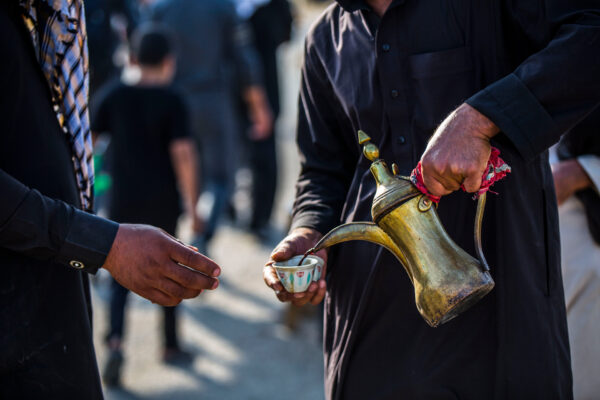The loyalty she exemplified transcends through time to inspire us all to be sincere in every aspect of our lives. She is one of the most noble and virtuous women in the history of Islam as well as humankind. Her dedication, sacrifice, and esteemed character makes her an exemplary role model for men and women alike.
Brought up in a tribe known for its strong will in the city of Yathrib, she exceeded expectations by heightening their reputation with her strength, faith, and unwavering loyalty. Upon marrying the Commander of Faithfuls, she was given a position of greater importance. As the wife of a leader such as Ali Ibn Abi Talib, the cousin and brother of the Messenger of Allah, she took her position with grace and humility, exhibiting a selflessness that is her legacy today.
Her name was Fatima bint Hizam Al Qilabiyya, but when she married Ali, she kindly asked him not to call her by her first name. She considered the two sons of Fatima Al Zahra, daughter of the Prophet Muhammad, who had lost their mother recently. She did not want to evoke grief in the hearts of Hassan and Hussain, young at the time, by sharing the same name as their mother. Therefore the Prince of Believers gave her the title which she is now known for: the Mother of Sons, Ummul Baneen.
She had four beautiful sons, whose faces were said to have shone like the moon. Beautiful inside and out; they were the pride of Bani Hashem. After Ali’s death, her immeasurable love for Hussain led her to raise her sons in devotion to him. They were his righthand men on his journey to Karbala, where he looked to enjoin good and denounce evil. Her sons addressed their older brother as lord or master in honor of his position as the Leader of the Muslims, the Imam of their time. They were men who remained just and faithful until their last breath, and were martyred in their struggle to defend Islam.
In the year 61 AH, the poet Ibn Hadhlam rode into the city of Madina on horseback to lament the news of the tragedy that took place in Karbala. After spotting Ummul Baneen amidst the crowd – tall and noble, mistaken as no other – he addressed her with the news, offering his condolences for her martyred sons. In response, she inquired about her beloved Hussain. Ibn Hadhlam sorrowfully cried out each of her sons names: Jaffar, Uthman, Abdullah, Abbas, listing off their names and how they were slain. However, she did not dwell on the thought of her fallen moons. Her main concern was the son of Fatima Al Zahra. After each name, she would ask with anguish, “Is my son Hussain alive?”
When told of her sons’ deaths, it was expected that the news would be the end of the world in her eyes. But she was no ordinary mother. After her sons were martyred, she grieved as any mother would, but did not fall into despair. Her strength when she welcomed her remaining family back from their grievous journey, and the support she offered them for the remainder of her pious life is admired by all who research her life.
She was one of the the most devoted to the holy household of the Prophet. A precedent to those who wish to serve Allah’s most beloved servants. She raised a son whose courage, strength, selflessness, dignity, and unwavering loyalty is still being remembered to this day. Her station in the eyes of Allah and His Messenger is so high, many Muslims who find themselves in a desperate situation ask Allah for help by His love for her and her offspring. Such is the legacy of a woman who lives a life in servitude to The Almighty. This is why we still remember Ummul Baneen.





